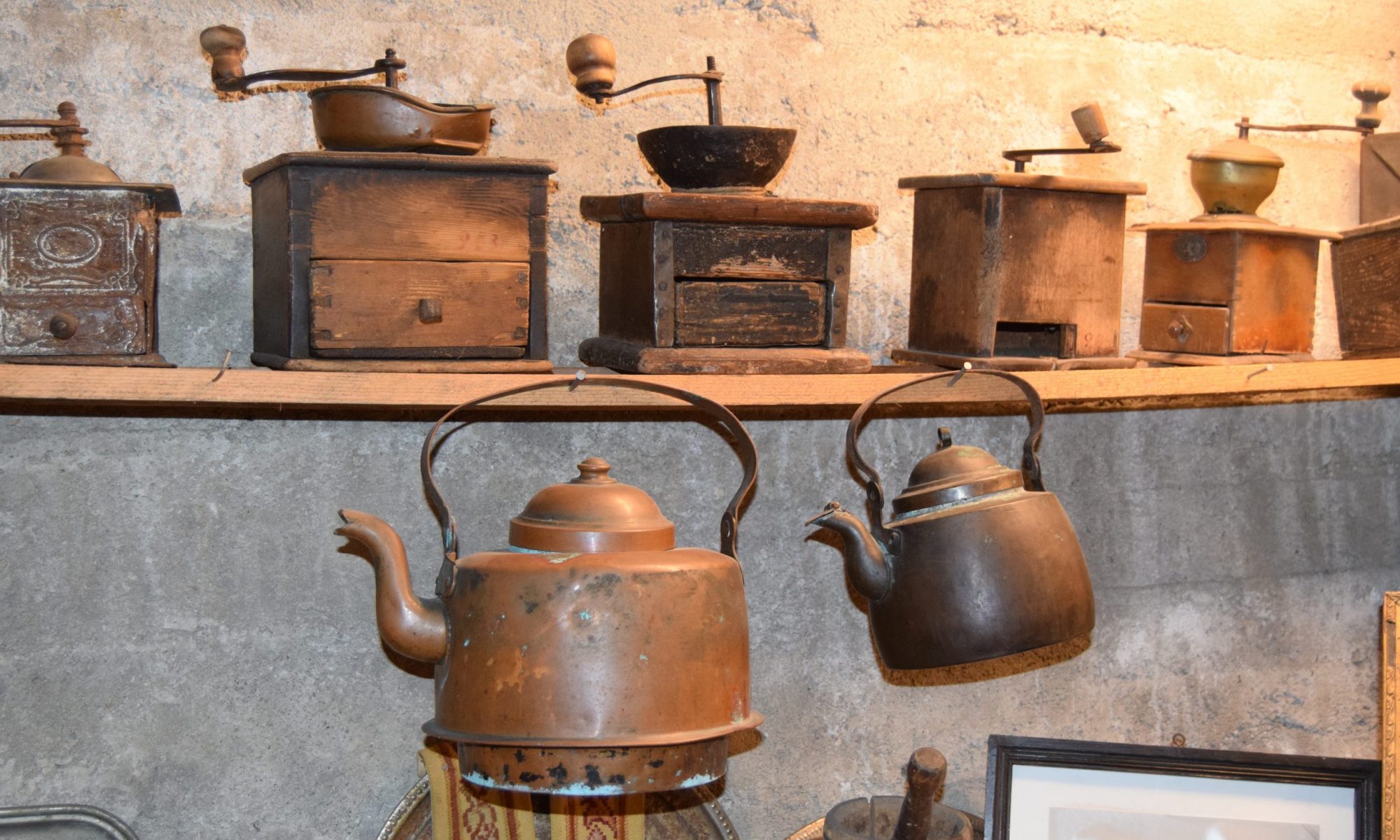MUSEUROPA is a research project that puts local heritage at its center. With members across Europe, in five institutions, it aims to show that small, local museums can play an important role in experiences and practices of belonging on many levels: local, national but also and especially European level. Local heritage museums are often grass-roots organizations, run largely on voluntary work, and representative of how citizens with no professional or scholarly interest in the past still engage with historical objects and narratives to shape their own identities and that of their communities.They also help to define the public perception of what a ‘museum’ is.
Local heritage museums hold a significant amount of potential for examining how heritage is imagined, preserved and presented at local levels. Across Europe, a wide array of local heritage museums exist next to national, regional or municipal more formally recognized institutions. Although local museums have attracted some scholarly attention, they have largely been ignored in favor of the more canonized museal narratives of such established institutions. MUSEUROPA shines a spotlight on 5 of them:
- The Kangasniemi Kotiseutu Museo in Kangasniemi, Finland
- The Museo de Arte Visigodo de Arisgotas, in Arisgotas, Spain
- The Regional Museum of the Association of Piwniczna Enthusiasts, in Piwniczna Zdrój, Poland
- The Cipriani collection held at the Museums of the University of Bologna, Italy
- The Heemkundig Museum Wetteren in Wetteren, Belgium
